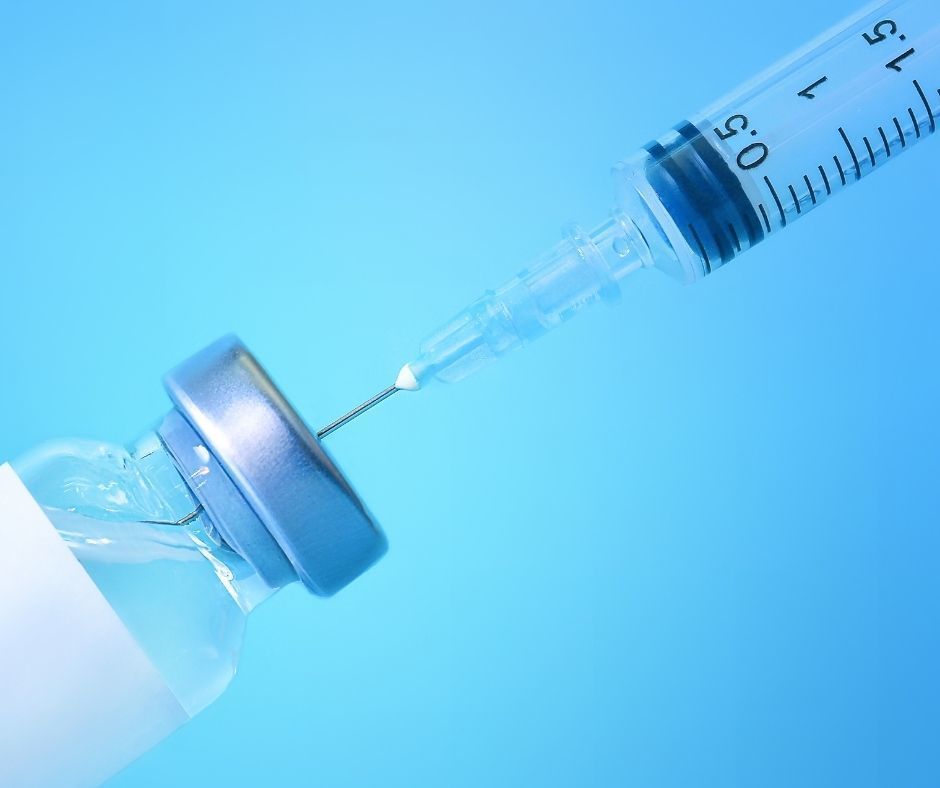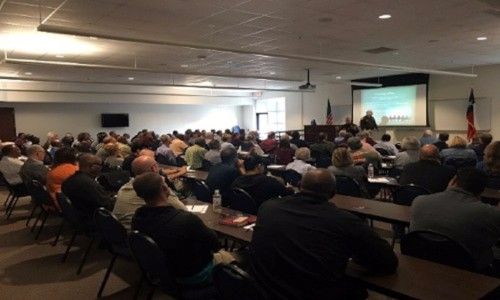
Pfizer tried to push its COVID shot on the 1.3 billion people in India.
But before authorizing Pfizer's injection, India's Health Department demanded a double-blind study on the shot's effectiveness and safety.
After all, India has just a 1.3% death rate from COVID in the first place. Any shot would need to not only improve their low death rate but also be proven to be safe.
India's health committee "noted that incidents of palsy, anaphylaxis and other SAE's [Serious Adverse Events] have been reported...Further, the firm [Pfizer] has not proposed any plan to generate safety and immunogenicity data in the Indian population."
Pfizer refused to provide the safety data and studies India required, causing the Indian government to announce, "After detailed deliberation, the committee has not recommended" the Pfizer injection for emergency use.
Two days later, Pfizer announced it was "withdrawing" its request for emergency use approval in India.
Updates on the CDC "vaccine" reporting system now show that the injections have been linked to miscarriages, Bell's palsy and death. And the number of people worldwide who died shortly after the injection is climbing.
India had good reason to demand safety data because such information is standard operating procedures for ANY new medication. Vaccines take between 7-10 years to get approval, five years of which is devoted to testing.
Yet, the Pfizer COVID shot -- which is not actually a vaccine, but a novel mRNA application using genetic materials -- had just a few months of testing. The common practice of calling the Pfizer or Moderna shot a "vaccine" is incorrect since such injections use an experimental, never-before-approved mRNA technique.
Tragic reports of late-term miscarriage, serious side effects and death following the Pfizer or Moderna injections are piling up. Nursing home residents around the world are ...

